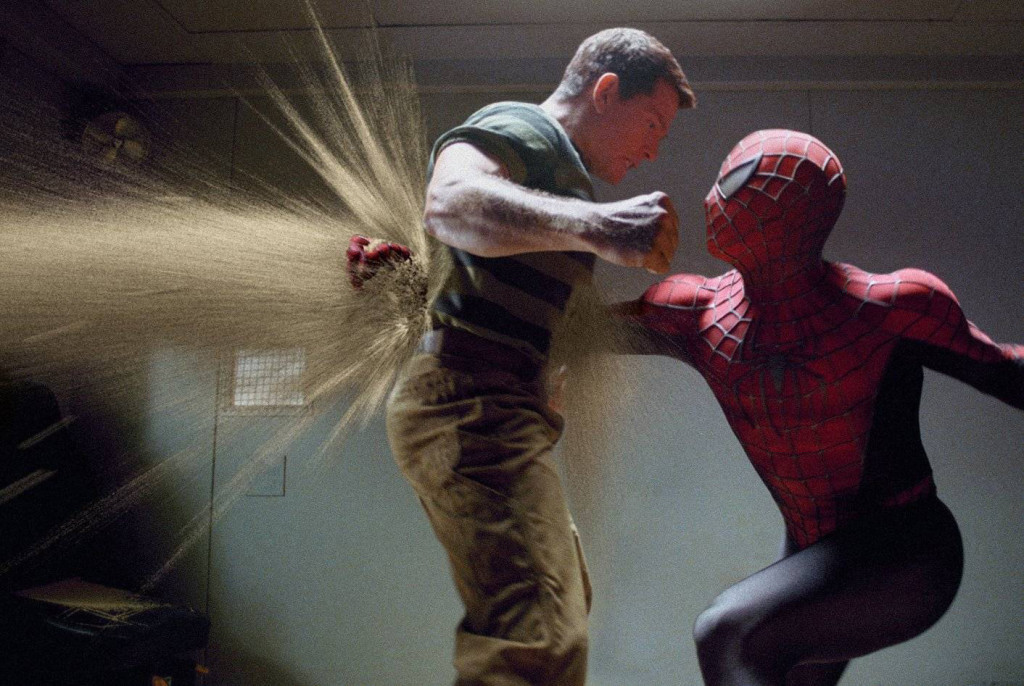
Willful ignorance in ‘grey area’ situations is at best irresponsible, at worst a crime
By Rebecca Peterson, Assistant Editor
Content warning on this article for mentions of sexual harassment and assault.
If I had the power to do so, I would prevent any person who claims they can’t tell if someone is “into it” or not without having “no” shouted in their face directly from having sex ever again.
Harsh? Perhaps, but I’m tired and angry, and the assumption that the absence of a hard “no” equals consent is outdated and harmful, and I’m genuinely sick to my stomach of such arguments. It leads the conversation surrounding consent and dating protocol in the absolute wrong direction and relies on gender essentialist ideas, painting women as shrinking violets whose fear isn’t, you know, a societal problem, but rather a personal failing, and it paints men as hapless victims of a nebulous culture that has nothing to do with them. It also assumes that a man is always the instigator and aggressor, and women just need to learn how to live with that “inevitability,” and I’m just done with it. I’m done with excuses for the behaviour of people with no respect for the bodies of their partners, who aren’t willing to take five minutes to reflect on how they can do better, and who defend past actions and mistakes with a trite, “I didn’t know any better, how could I have known better, be patient, give me time, it’s so hard to learn!”
Is it controversial to make the broad declaration that sex is a physical act? It shouldn’t be. If we’re going to take that as hard fact, then, would it not also make sense to accept that much of consent is rooted in physical language, rather than verbal? Sex is, essentially, two or more human beings using the physical forms granted to them to pleasure themselves and others through touch. If you’re paying enough attention to know that putting your mouth on someone else’s mouth feels good, you should be able to notice if that mouth is turning away from you. If your partner’s arms are folded, if they’re edging away, if they aren’t looking you in the eyes, if they’re frozen in place, then I dare you to tell me that you didn’t know that they didn’t want you to continue. That hard “no” you’re waiting for is screaming from every limb—you’re just ignoring it, because you don’t want to see it and you’re more focused on what you want, rather than what your partner is willing to give. There is no excuse for that.
There are many, many reasons why a partner of any gender might not be able to say “no” directly. They might be scared of upsetting you; not necessarily because they think you’re going to hurt them, but they could be afraid of hurting your feelings by rejecting you. They might have changed their mind and feel embarrassed about backing out. They could be drunk. They could even be dissociating; that feeling of tucking yourself into the back of your mind and “letting” your partner do what they need to do, the feeling that many people have described in these “grey area” situations actually has a name, and it’s not consent. Assuming your only job as a partner in terms of consent is to keep an ear out for dramatic dissent shows that you don’t care about whether or not your partner is enjoying the experience. If you aren’t able or willing to pay attention to the person you’re touching, you shouldn’t be touching them.
I can say with absolute confidence that it isn’t difficult to pay attention, because I have had these conversations. I have asked if my partner was still with me, and when they said they weren’t sure, I stopped. I have asked if my partner was sober enough to consent, and when they said they might not be, I stopped. I have watched for nonverbal cues from my partners, and when I wasn’t sure, I stopped.
I have also had partners who did not ask these questions, and did not stop, and I have carried guilt and shame that was never mine to wear for far too long because of it.
I refuse to believe that this is too hard a concept for some people to grasp, and that we need to give people time and understanding and gentle nurturing to get them there. I’m willing to forgive, but I’m holding out forgiveness for people who do not make excuses. I’m holding out forgiveness for people who do not think that paying attention and taking a moment to think is more difficult than willfully ignoring discomfort and fear.
I’m holding out forgiveness for people who I know will ask the right questions, the questions I wish to God I had been asked:
“Are you still with me?”
“Are you sober enough to consent?”
“Tell me if you want me to continue,” not “Tell me if you want me to stop.”


